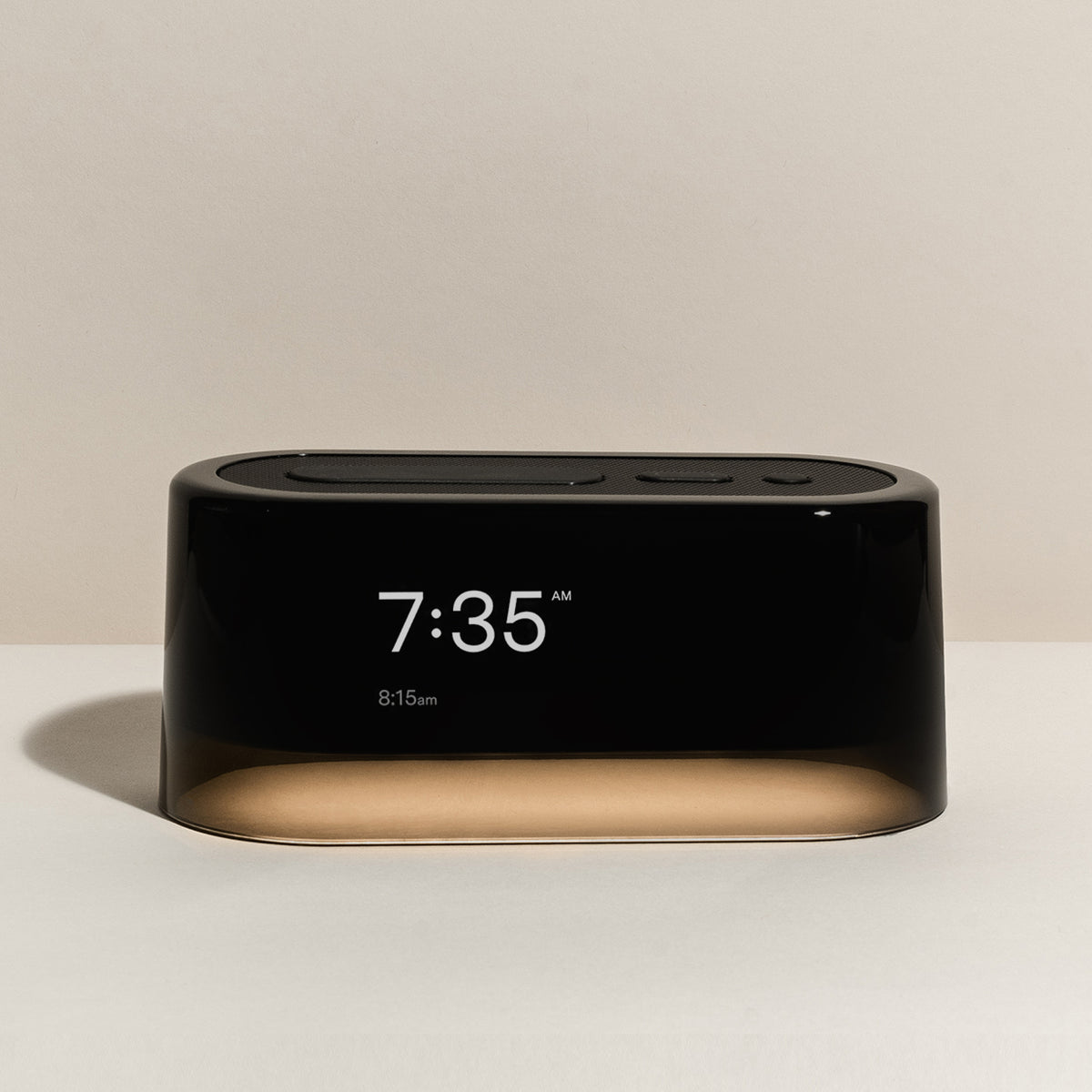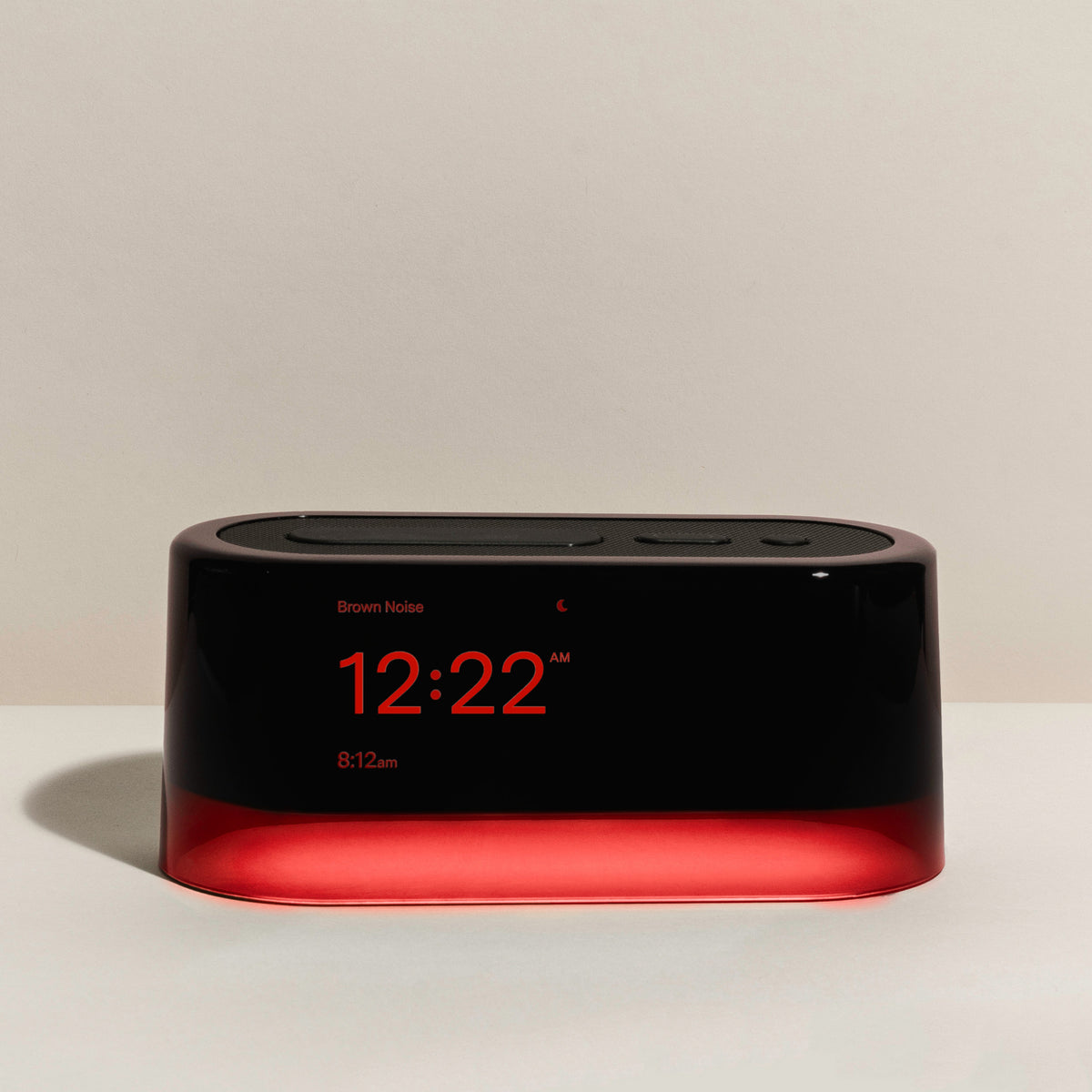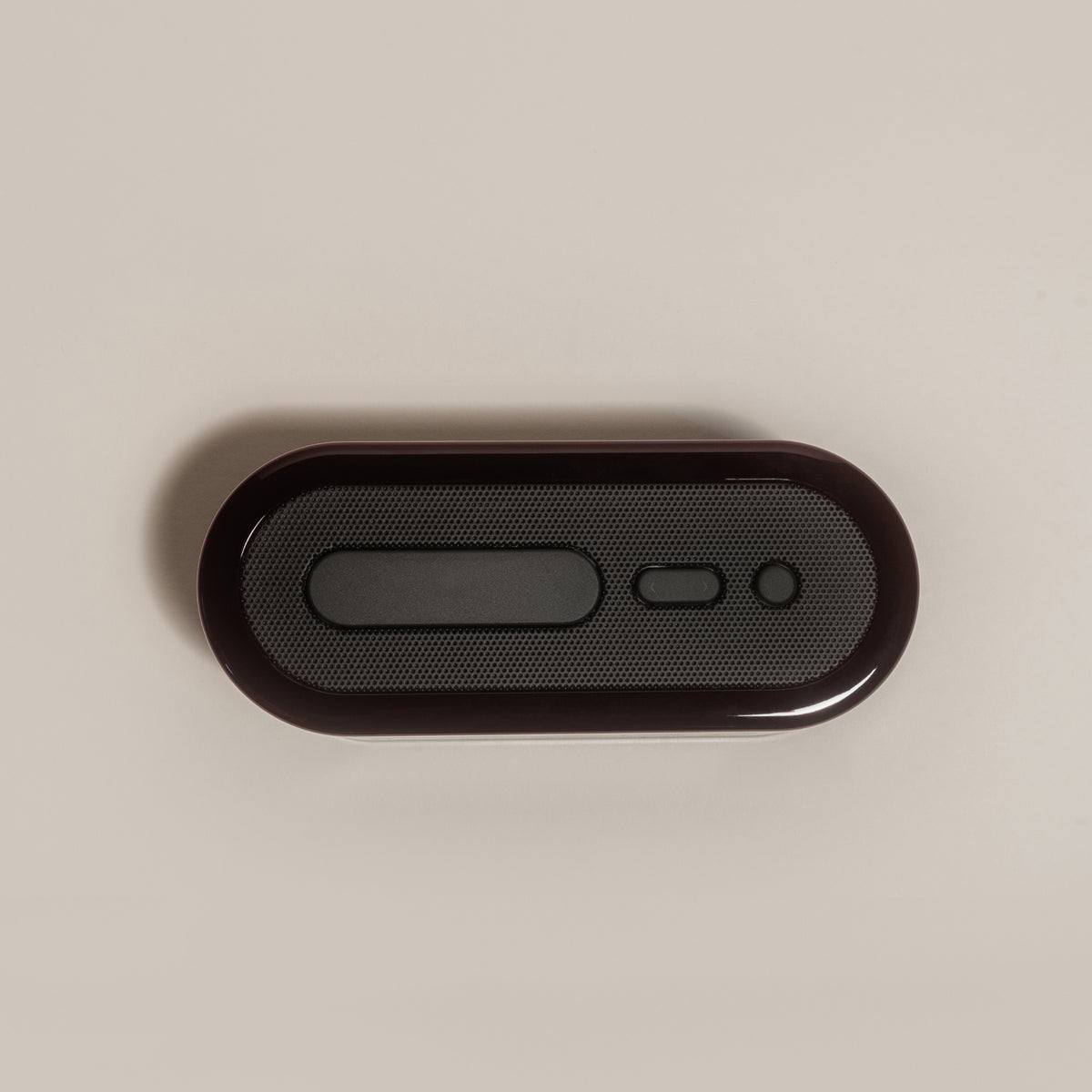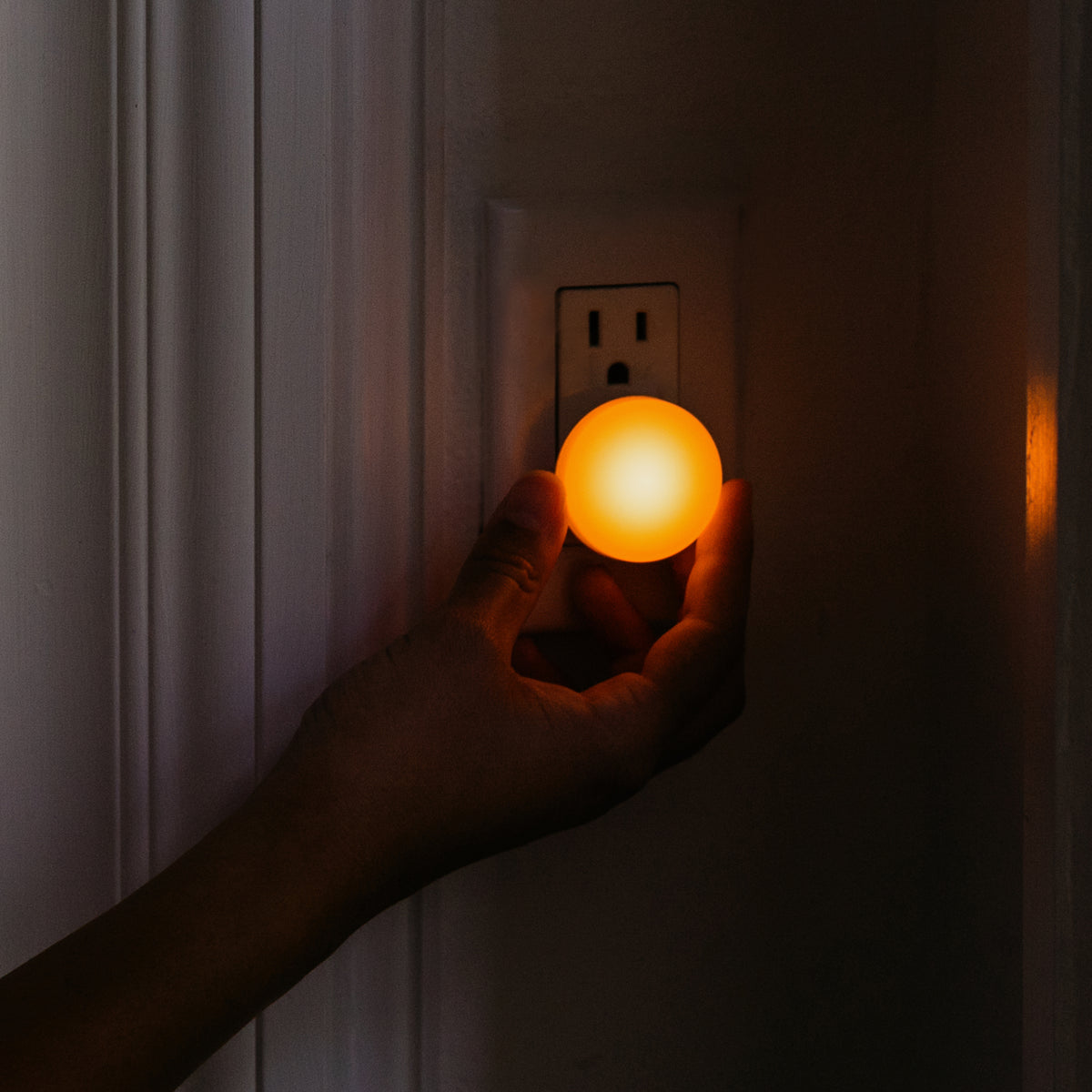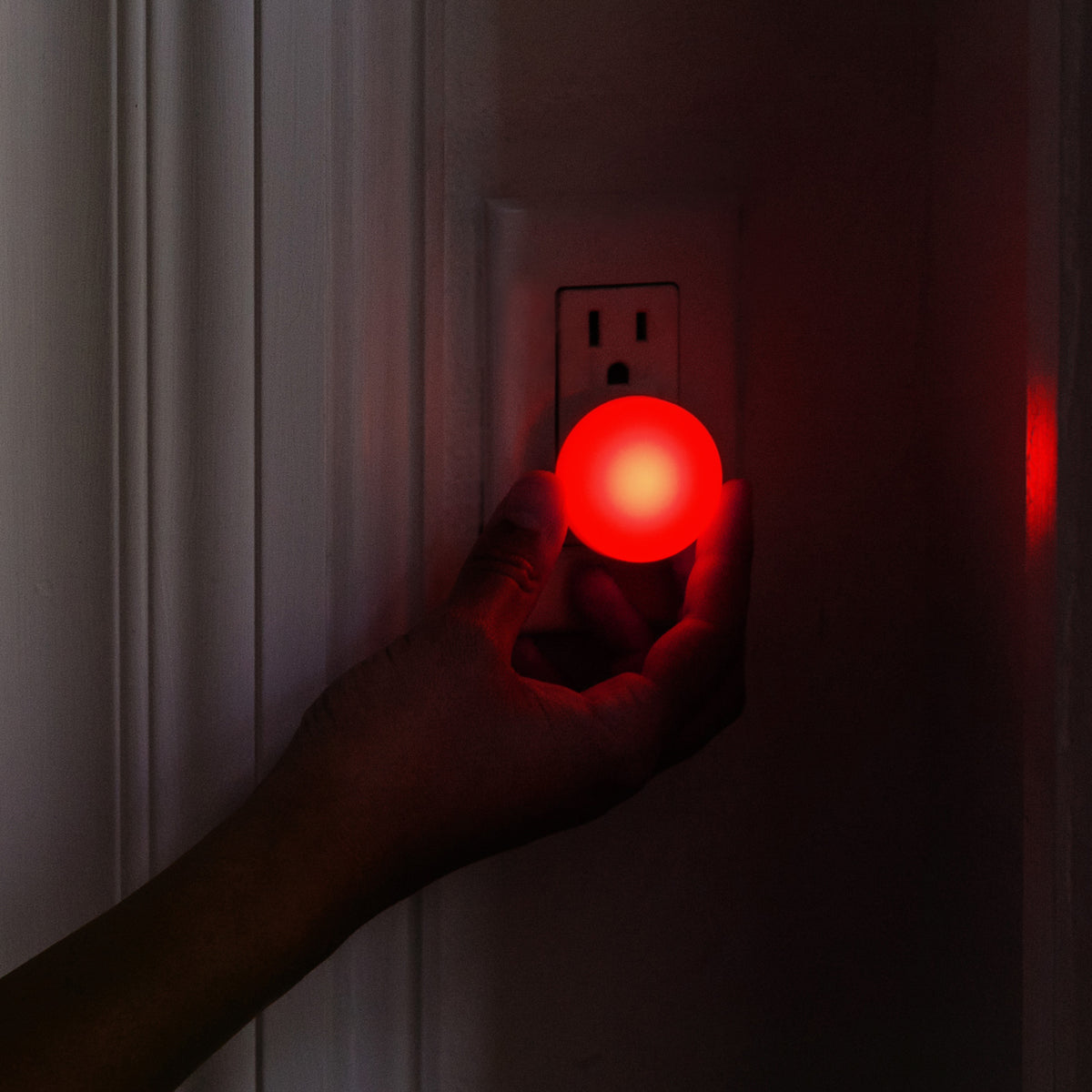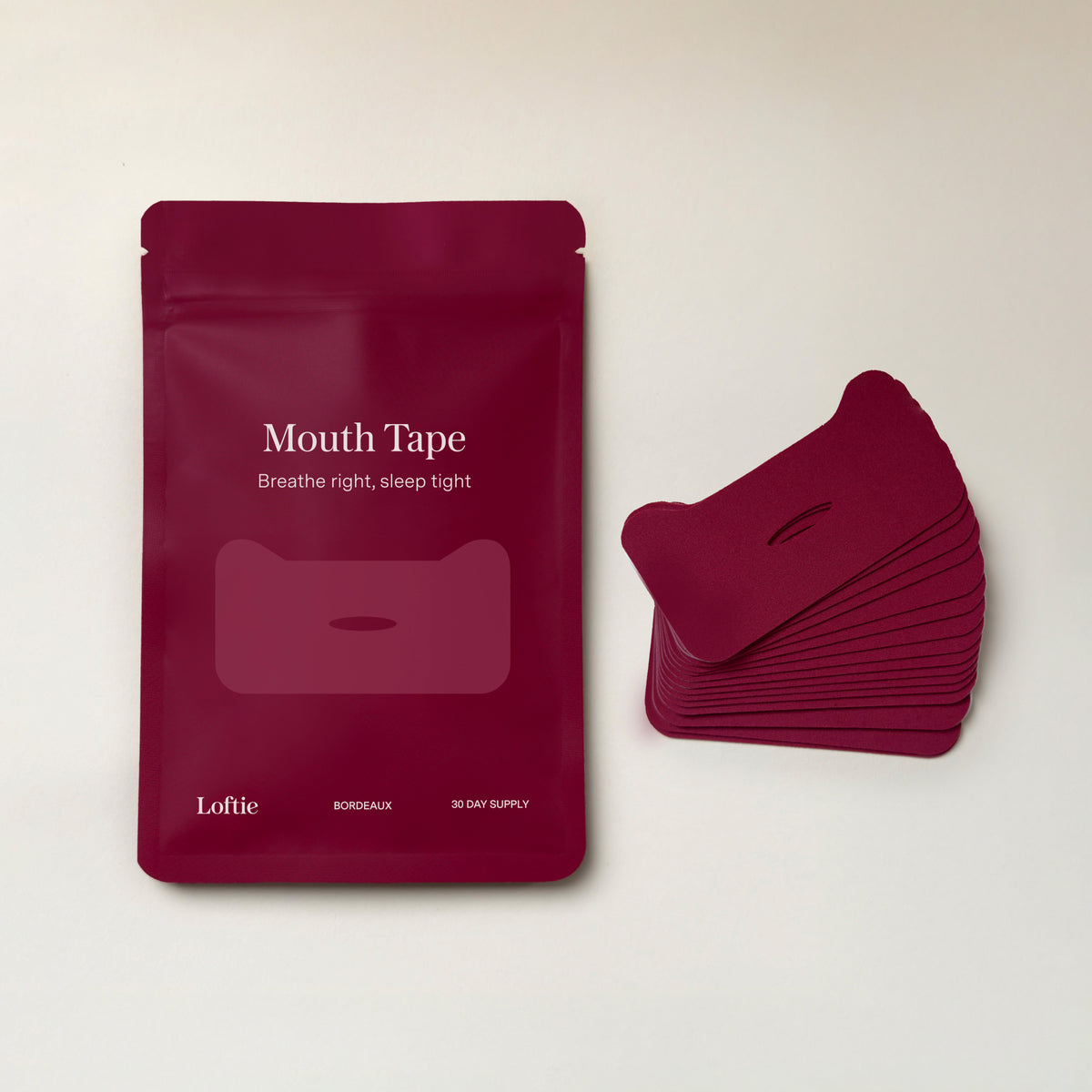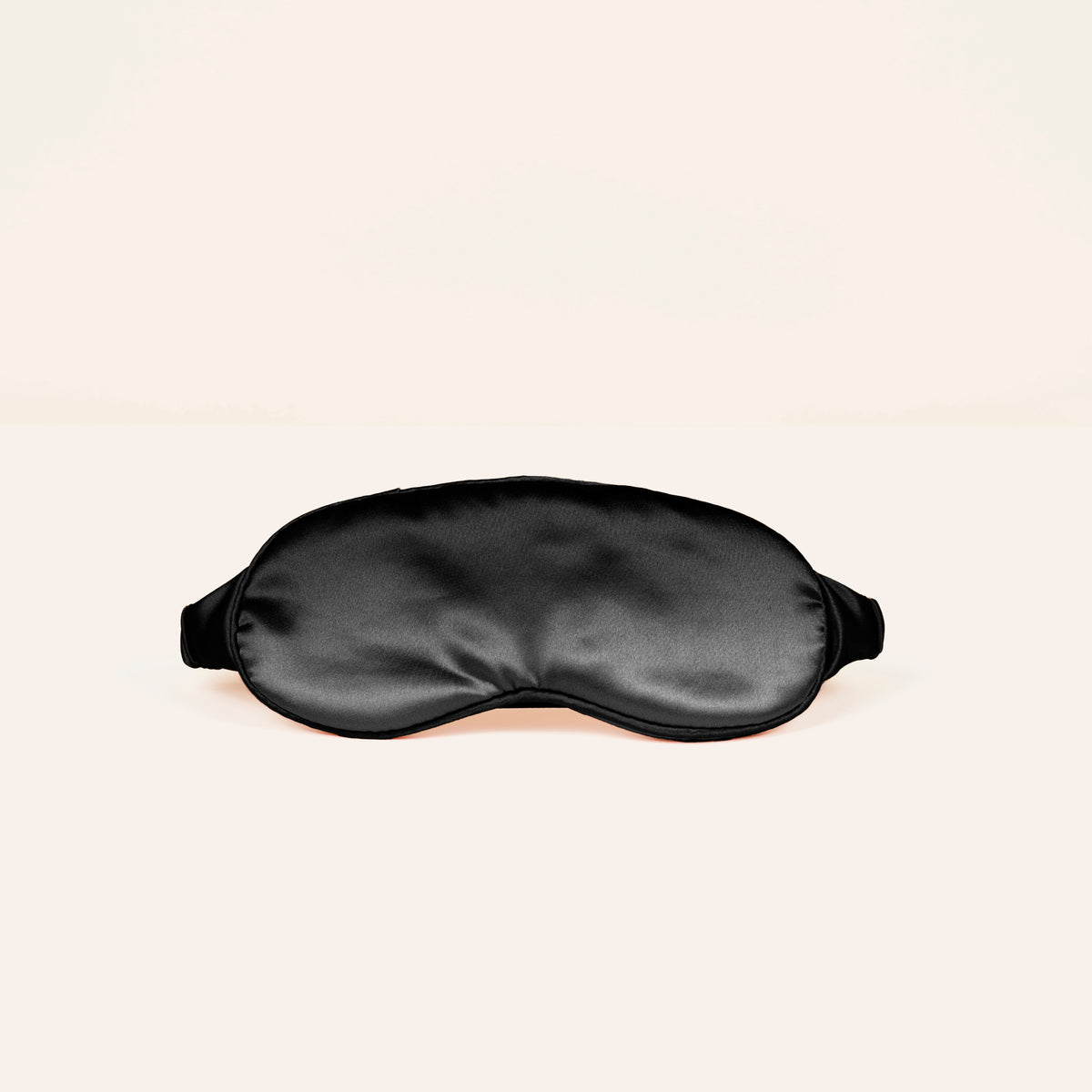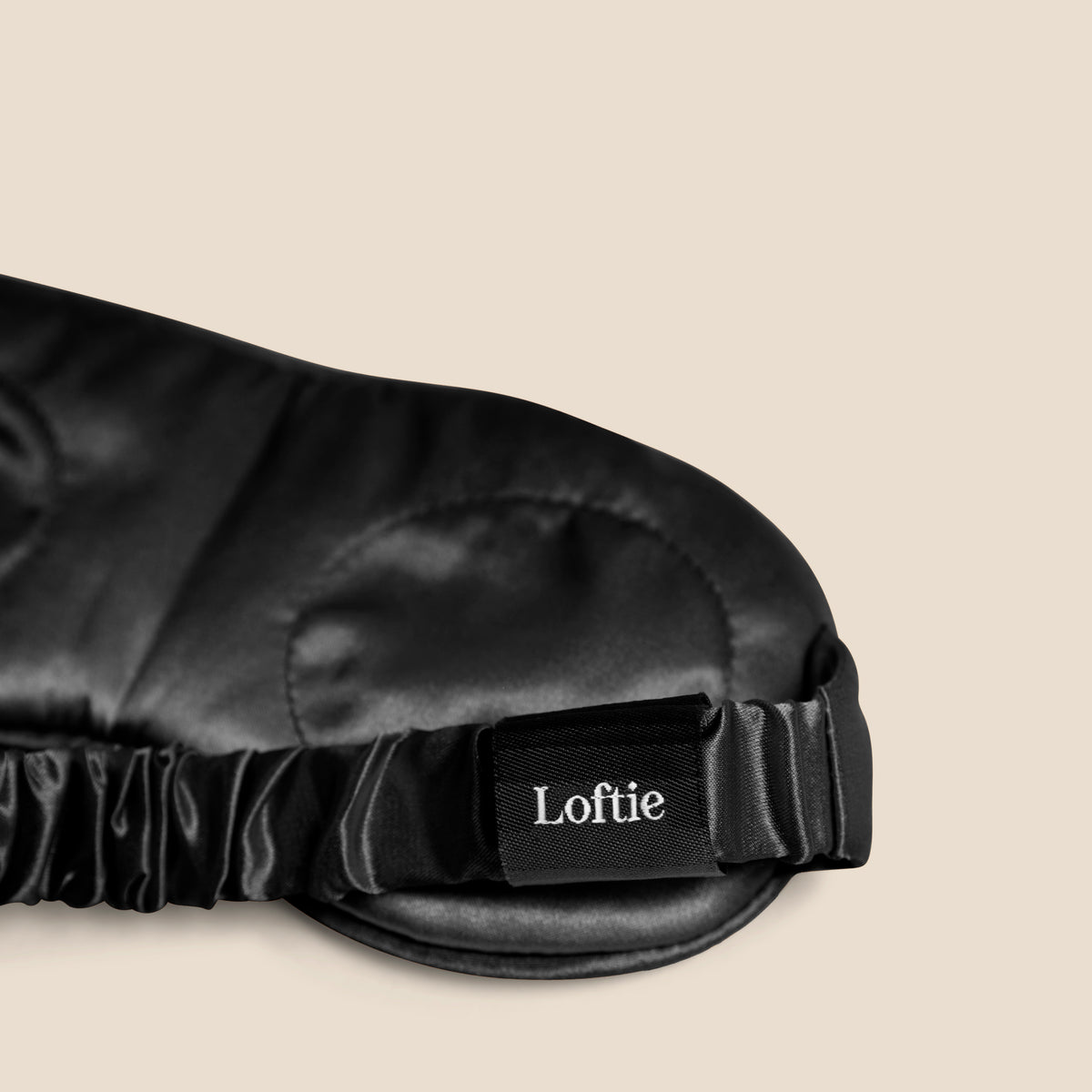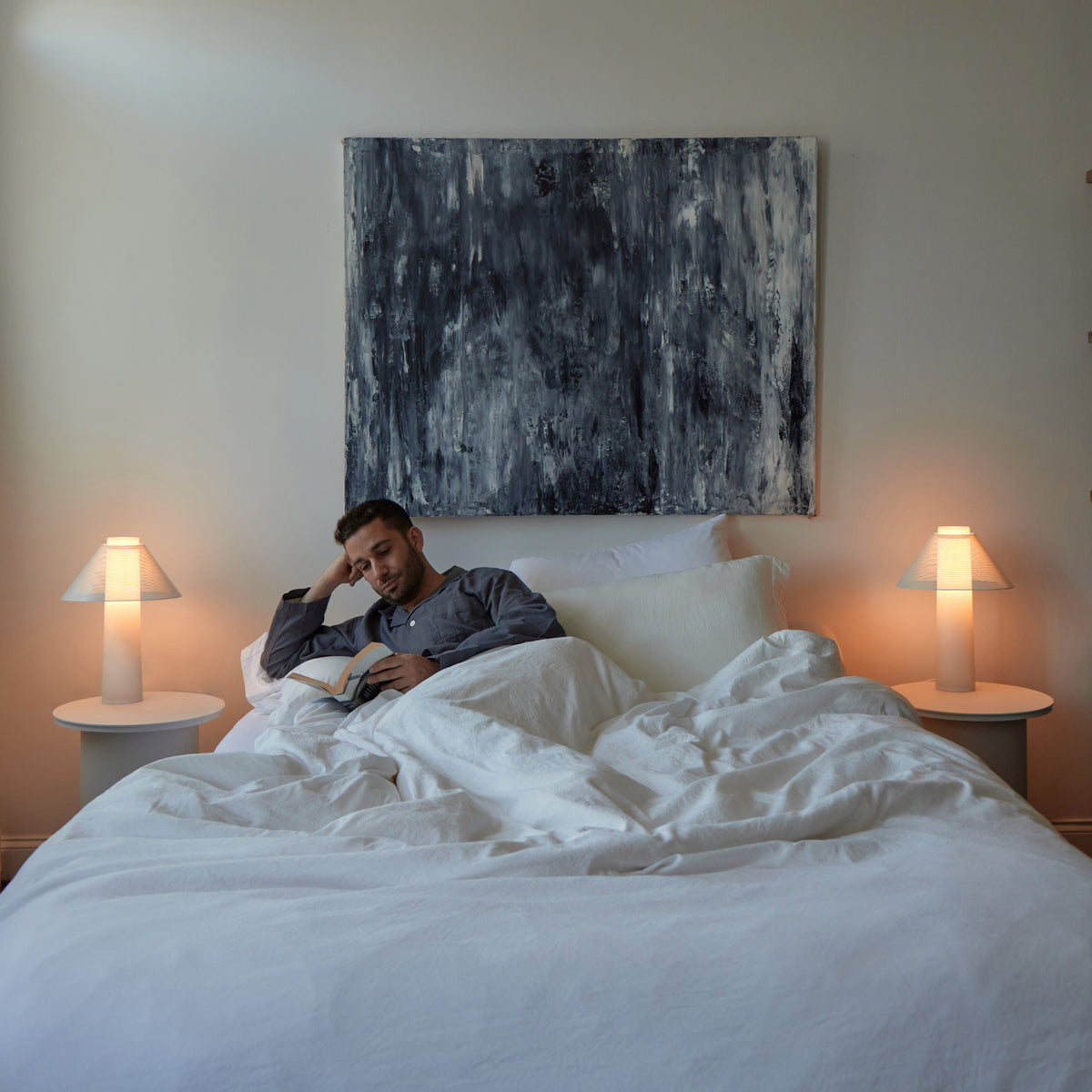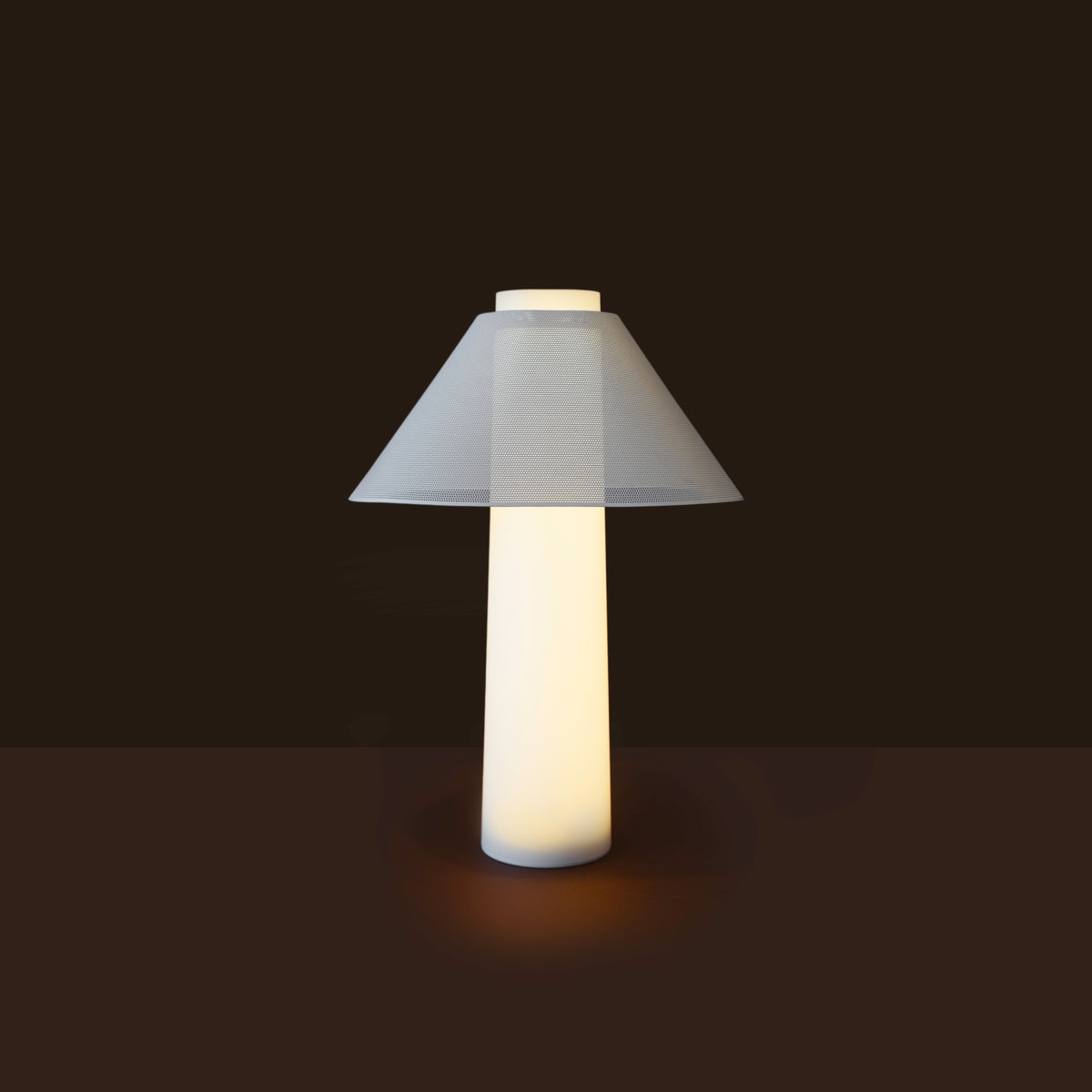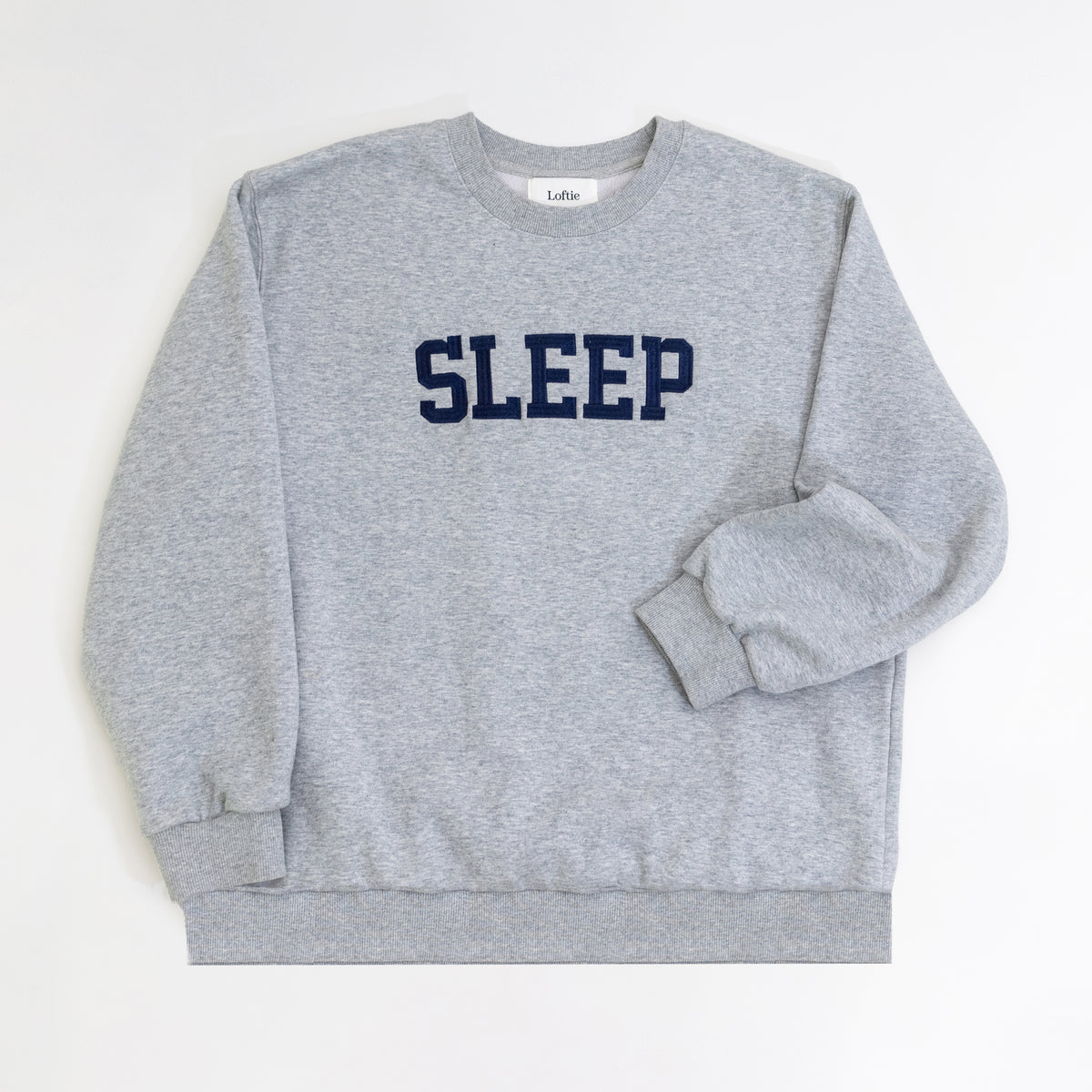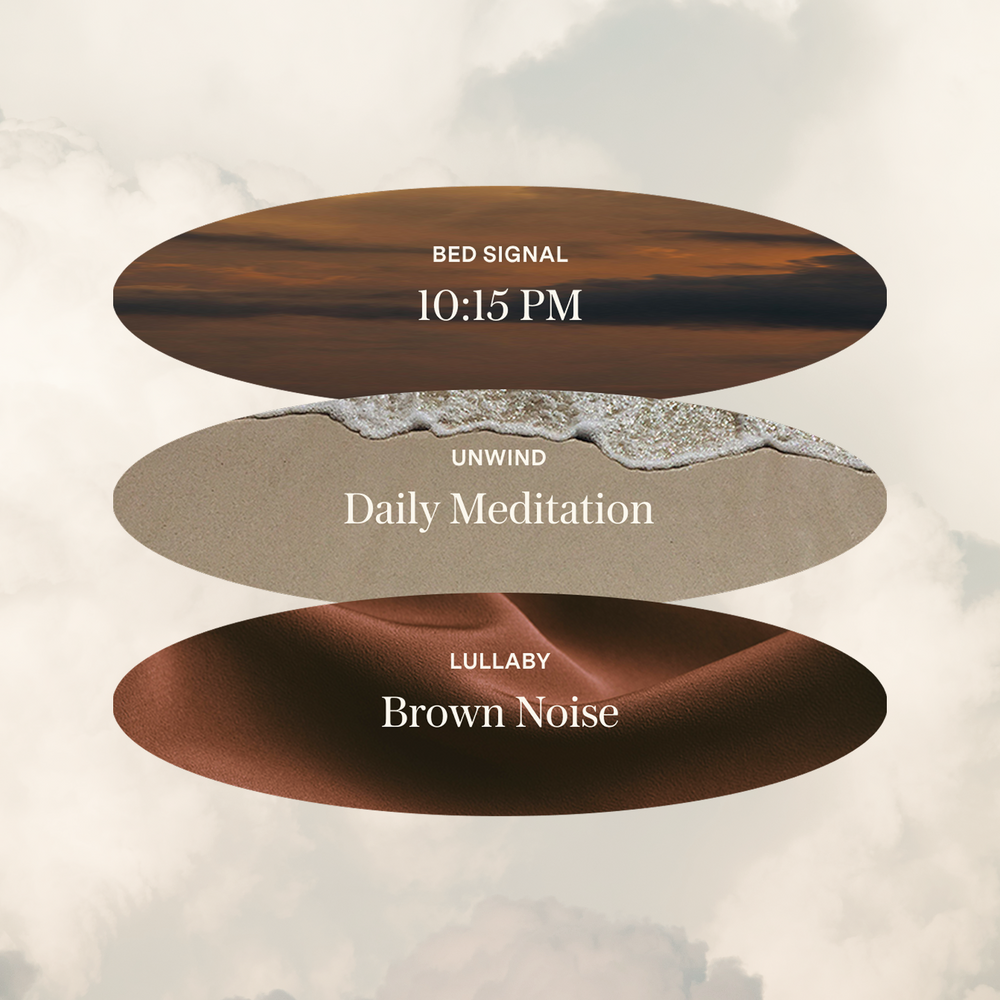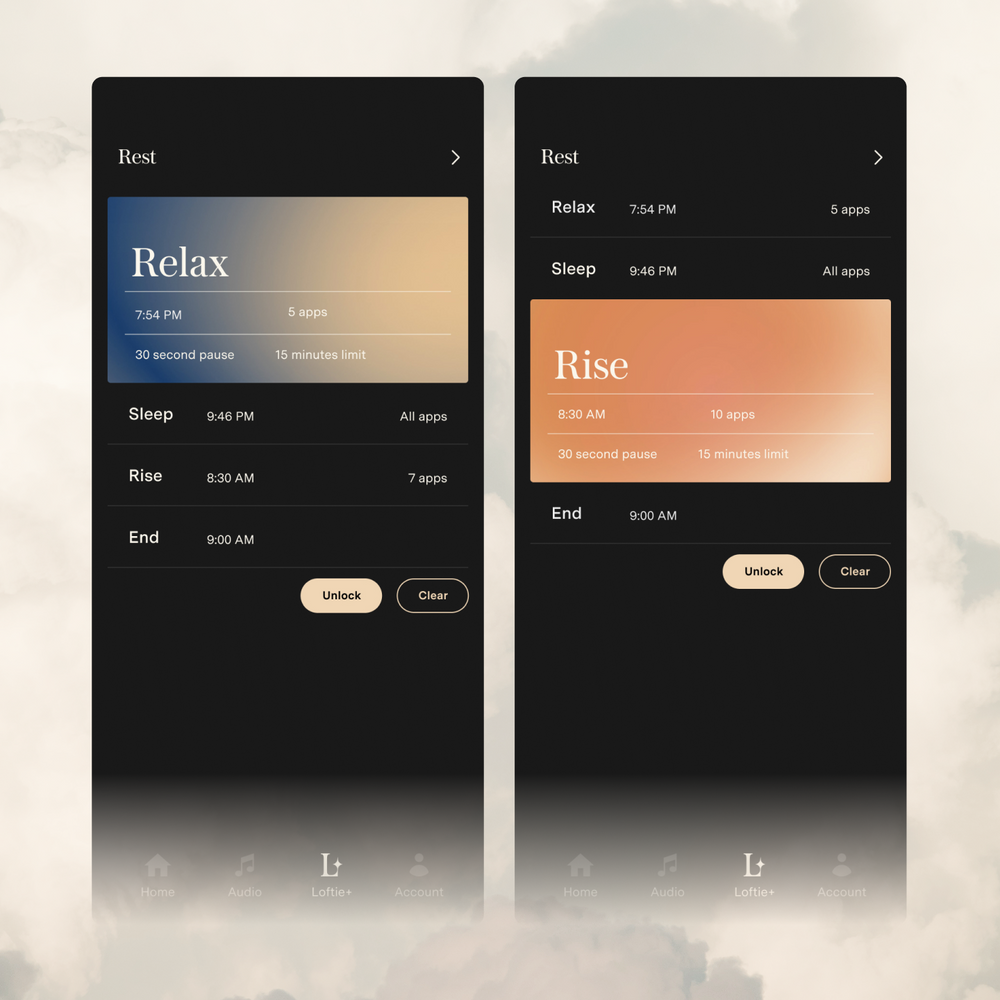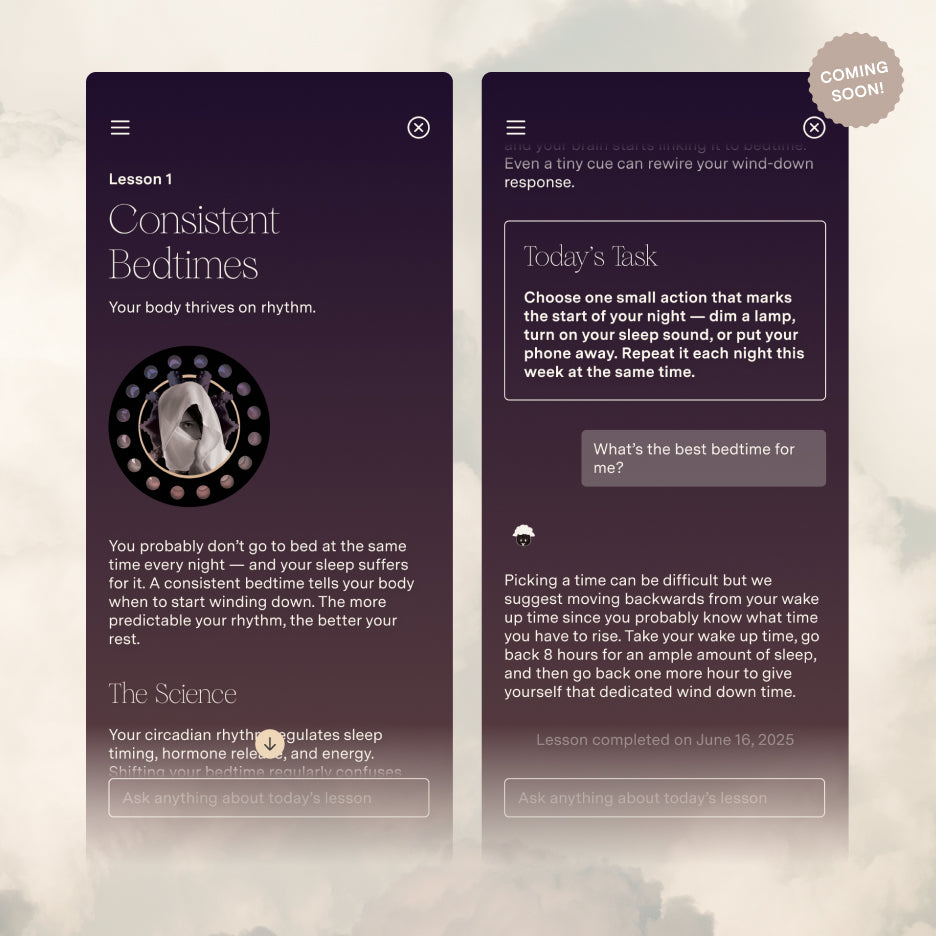Waking up 100% refreshed doesn’t happen every day, which is why when we do, there’s a noticeable difference in our mood, productivity, and energy. On nights when we experience the full range of sleep phases, our bodies take the opportunity to fully restore. So it is possible to wake up feeling fully refreshed every morning, but you have to know how to increase deep sleep.
What is Deep Sleep?
Deep sleep isn’t just a way to describe a great night of rest, it’s also referred to as the third in four stages of the sleep cycle. Deep sleep, also known as slow-wave sleep, is when the brain begins a slow rollercoaster of activity. Each wave is defined by a relatively high amplitude and a frequency of less than 1 Hz. First, the heart rate and breathing slow down to their lowest and muscles fully relax, then the wave rises as neurons fire briefly at a rapid rate. This is when the body repairs and regrows tissue, builds bone and muscle, and strengthens the immune system.
What are the benefits of deep sleep?
Deep sleep is like your body’s version of deep clean mode. It’s considered the most restorative of the sleep phases. It’s a time when your glucose metabolism increases resulting in increased short and long-term memory. It’s also when the pituitary gland secretes human growth hormone, leading to healthy growth and development. Additional benefits when you increase deep sleep include:
- Restored energy
- Cell regeneration
- Increased blood supply
- Muscle tissue and bone repair
- Strengthened immune system
Tips to get more deep sleep
Research estimates that adults spend about 13 to 23% of a night of rest in deep sleep (or about 1-2 hours). So while we can’t pick and choose how and when we experience each sleep phase, we can set ourselves up by ensuring we get enough quality sleep to properly cycle through each of the four cycles. Here are eight tips for getting more deep sleep.
Turn Off Electronics
One of the largest sleep disruptors of sleep is blue-light exposure, especially in the hours before bed. Blue light can impact melatonin production, a hormone that helps regulate the circadian rhythm and tells the brain when it’s time to sleep and when it’s time to wake. We suggest changing any screens to orange light rather than blue—sometimes referred to as “night” mode. Keeping the bedroom screen-free is another solution for how to improve deep sleep. Read from a physical book instead of a tablet, or if you’re still struggling with light exposure, try blackout stickers. These are a quick and easy way to cover up flashing lights from small electronics without overhauling your entire setup.
Keep your Bedroom Dark and Cool
The ideal bedroom environment for deep sleep is one that is cool in temperature and dark. A dark room prepares the body for deep sleep by encouraging melatonin production. According to a study by the NIH, colder room temperatures are not detrimental to sleep (provided you have enough warm layers), whereas a room that is too hot (90 degrees fahrenheit) can decrease deep sleep. If you’re unable to control the temperature of your room, use light breathable sleepwear in the summer and add layers in the winter. To minimize light exposure, use an eye mask at home or bring it when you travel to ensure you get a night of deep sleep anywhere you go.
Establish a Bedtime Routine
A consistent bedtime routine has also been associated with solutions for how to get deep sleep. One study reported that nightly routines with regular bedtimes for children up to 6 years of age were associated with better sleep and experienced an hour more of sleep compared to children who didn’t follow a nightly routine. The best way to prepare for bed is a few hours ahead to signal to your mind and body that it’s time to unwind. Relaxing activities like a hot bath or shower, reading a book, or sitting quietly in meditation can also help.
Set a Consistent Rise Time
Equally as important as bedtime, is a consistent wake time. These two patterns can significantly improve deep sleep by maintaining a healthy circadian rhythm. Following the same sleep-wake cycle (even on the weekend) makes it that much easier to feel energized and well rested throughout your entire week. Try using the Loftie Clock to wake within the same 15-minute window every day and keep your body in sync.
Try Aromatherapy
A great natural remedy for promoting deep sleep is essential oils. Diffusing scents like lavender and clary sage can help release tension, lower heart rate, and promote overall relaxation before bedtime. If you don’t have a diffuser, try adding 6-10 drops of your favorite essential oil to a spray bottle then add cold water and spray your room before bedtime.
Eat a Healthy Diet
We all know a healthy diet has a variety of benefits but it’s also how to get deeper sleep. Research suggests that what we eat before bed can also impact the quality of our sleep. Particularly, the effects of high carbohydrate and fat intake have on our slow-wave sleep and rapid eye movement sleep. Evidence suggests avoiding heavy meals before bed and choosing lower carb options like cottage cheese, celery and peanut butter. Foods that are high in protein and complex carbs can curb hunger that could potentially disrupt your sleep.
Exercise Regularly
Another natural remedy for sleep is exercise. Working out even moderately for 30 minutes a day three times a week has the power to promote deep sleep. It’s best to work out in the morning or afternoon to avoid overstimulation before bed. Increasing your heart rate and working your muscles causes the body to release endorphins which help keep you awake. An added bonus is exposure to natural light if you work out outside which reduces melatonin production. Then, as your body cools down post workout, endorphins decrease and you feel sleepy.
Kit up your bed
If you’ve tried all of the above and are still struggling to wake up feeling refreshed, you might want to assess your bedding. It could be time for an upgrade to a high-quality mattress or supportive pillow. Breathable materials made from cotton Tencel® and bamboo promote cooler sleep temperatures as opposed to fabrics like polyester and microfiber.



